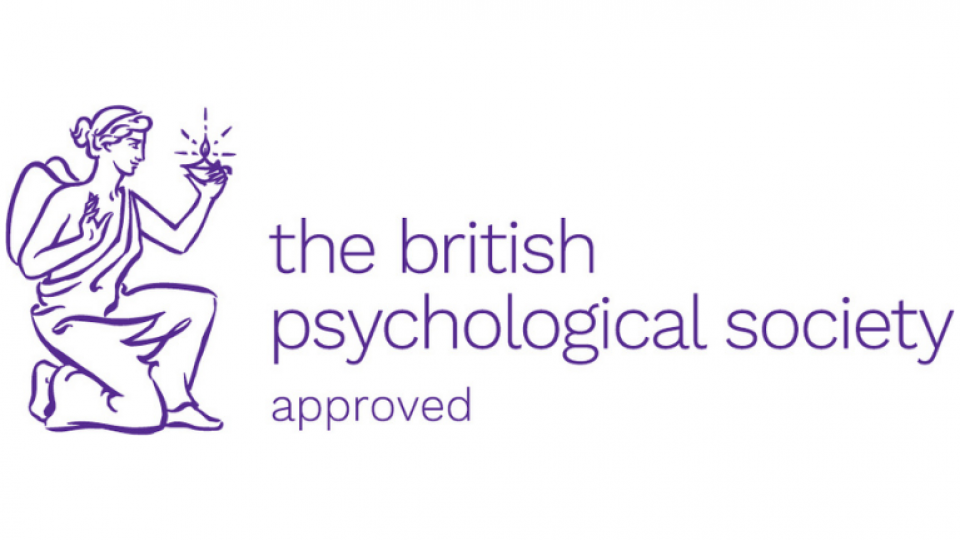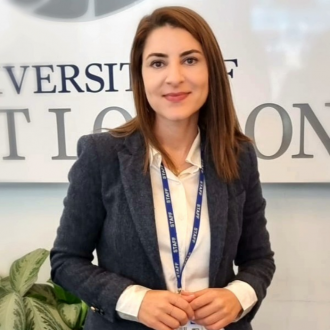
Psychology of Addiction
Intro quote
Great workshop. Practical topic. Important for every aspect of life. Practical and easy to do suggestions."
- Attendee
Intro to course
This online short course aims to present a contemporary and integrated perspective on the psychological and neurobiological basis of addiction.
Addiction is defined as a chronic relapsing disorder characterized by compulsive drug seeking and use despite adverse consequences.
Course content
- Address current debates in addiction
- Gain knowledge of assessment through demonstration of some screening tools
- Discuss interactionist approach in explanation and treatment of addiction
- Understand the underlying neural processes for the development and maintenance of addiction
- Evaluate effectiveness of interventions for different addictions
In this short course, we aim to address some of the following questions with support from scientific evidence at an introductory level:
- Why addiction is considered a disorder?
- Why individuals with addiction find it difficult to stop despite the adverse effects on psychological and physical health?
- What are the differences between behavioural and substance addictions?
- To what extent mental health problems contribute to the development and maintenance of addiction?
- What are the assessment and intervention methods used for addictions and dual diagnosis?
Outcomes
At the end of this short course, you will;
- Gain a better understanding of addiction as a complex multifaceted construct.
- Have knowledge and understanding of the ways of assessment and gain access to some screening tools.
- Understand the underlying neural processes for the development and maintenance of addiction
- Understand the interaction of mental health and addiction, and intervention approaches for individuals with co-existing disorders.
- You will also receive a certificate of attendance.
For more information or to sign up to this course, please email employer@uwl.ac.uk.

the course
-
Course detail
You will explore the neural basis of addiction and learn about the brain pathways involved in development and maintenance of addiction. The course leader Dr Linda Dinc will introduce some of the most recent intervention methods including Neurofeedback and will guide a group discussion about the effectiveness of available and contemporary intervention methods used in addiction intervention.
You will also be introduced to some practical tools for screening and early intervention. Dr Raffaella Milani who is a course leader for Addiction Studies and expert in dual diagnosis will provide information about the contribution of mental health problems to addiction and the approaches employed to address these in clinical and social settings. She will discuss some examples from her research with Dual Diagnosis Anonymous which is a peer support group for individuals with mental health and addiction problems.
-
Course schedule
Please find example schedule below:
9.30am - 11.00am - Introduction to Addiction (1.5 hrs)
11.15am - 12.45pm - Assessment and Intervention Methods (Interactive) (1.5 hrs)
12.45pm -13.30pm - Lunch Break (45 minutes)
13.30pm - 15.00pm - Introduction to Dual Diagnosis (1.5 hrs)
15.15pm - 16.45pm - Assessment and Intervention Methods (Interactive) (1.5 hrs)
Lecturers
-
Dr Linda Dinc
Senior Lecturer in PsychologySchool of Human and Social SciencesI am a chartered psychologist. I received my MSc in Neuroscience from King’s College London, Institute of Psychiatry and my PhD from Goldsmith’s University of London.
My research focuses on addiction. I am particularly interested in the contribution of personality traits, mood and cognitive factors to development and maintenance of addiction. In addition to my work in addiction, I have developed an interest in the applications of psychology to education after joining UWL.
-
Associate Professor Raffaella Margherita Milani
Course Leader - Addiction StudiesSchool of Human and Social SciencesAssociate Professor Raffaella Margherita Milani is a Chartered Psychologist and Course Leader for Addiction Studies (undergraduate and postgraduate level).
She is a member of the British Psychological Society, Fellow of the Higher Education Academy, Trustee of Addiction Professionals and a member of the advisory board for the International Substance Use Professionals UK (ISSUP-UK).




